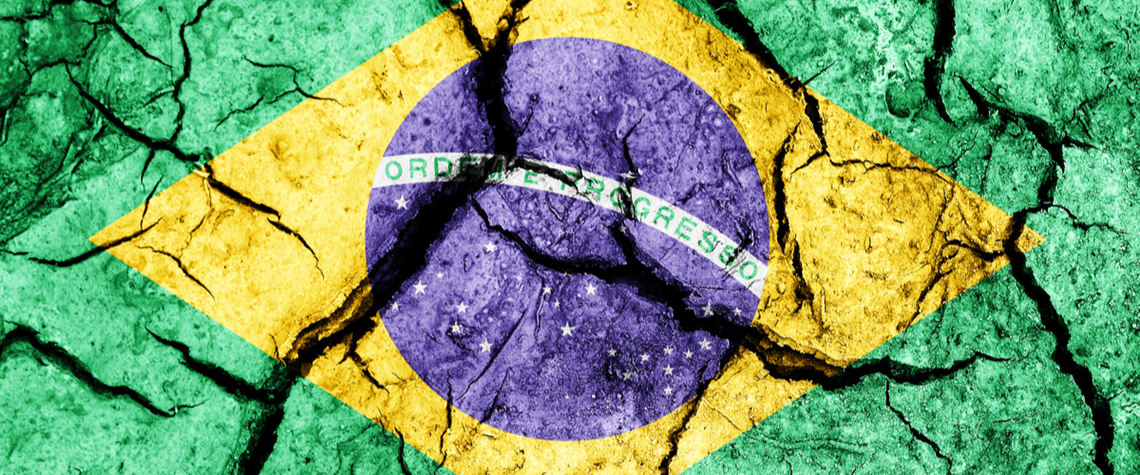Brazil fails to prevent energy crisis
Government inaction and rapidly changing climate have combined to highlight the importance of diversifying the country’s energy mix
A combination of lack of planning, political miscalculations, technical mistakes and dire climatic conditions have caused an energy crisis in Brazil. And the precarious situation is likely to be as bad as, if not worse than, the crisis of 20 years ago, which left severe economic and political upheaval in its wake. Government initiatives directed at attenuating the effects of the crisis are mostly too little, too late—especially those involving centralised government planning, such as conservation of hydro capacity by altering water flows to different sectors or dispatching sufficient new thermal sources. Since the 2001 energy crisis, Brazil has added much wind, biomass (mostly sugarcane), ga

Also in this section
5 August 2025
After failed attempts to find a buyer for its stake in Russia’s largest oil producer, BP may be able to avoid the harsh treatment meted out to ExxonMobil and Shell when they exited—and could even restart operations if geopolitical conditions improve
1 August 2025
A number of companies have filed arbitration claims against Gazprom over non-deliveries of contracted gas or other matters—and won. The next step is to collect the award, but this is no easy task
1 August 2025
Europe’s refining sector is desperately trying to adapt to a shifting global energy landscape and nowhere is this more apparent than in its largest economy
1 August 2025
The Middle East natural gas playbook is being rewritten. The fuel source offers the region a pathway to a cleaner, sustainable and affordable means of local power, to fasttrack economic development and as a lucrative opportunity to better monetise its energy resources.









